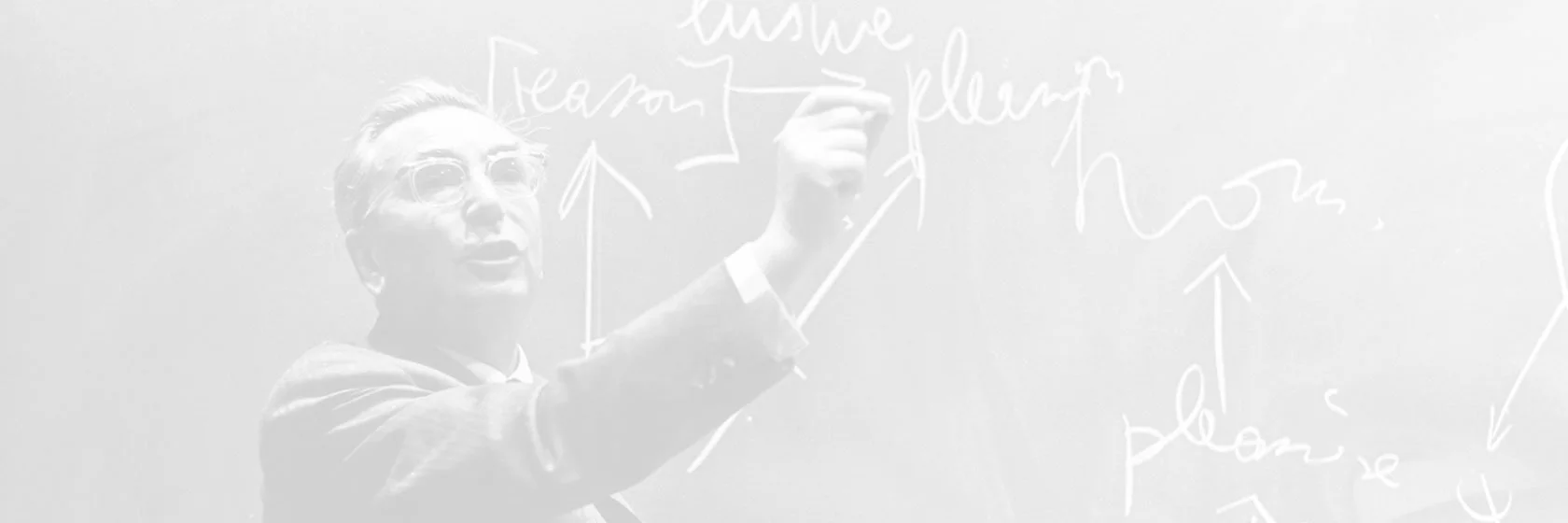A radical reimagining of what it means to be human. A theory that unleashes potential for radical change.
"In this new way of thinking about psychology, there is no learning, no motivation, no emotion, no cognition, no stimulus, no response, no ego, no unconscious, no need, no reinforcement, no drive. It is not only that these terms are abandoned; that is more important, the concepts themselves evaporate."
- George Kelly

We provide training in two complementary approaches to coaching: constructivist coaching and existential coaching. While grounded in different philosophical and psychological traditions, both are meaning-centered practices. Meaning-centered coaching helps individuals explore and clarify what gives their lives purpose, direction, and personal significance. It supports clients in aligning their choices and actions with what truly matters to them, fostering deeper insight, resilience, and fulfillment.
CONSTRUCTIVIST COACHING
Constructivist coaching is based on the idea that people make sense of the world through personal meaning, their unique ways of interpreting experience and anticipating the future. Rooted in the work of George Kelly and his personal construct psychology, this approach sees change as a process of exploring, revising, and expanding the ways individuals construe themselves and their world.
Constructivist coaching is relational. This means that our identities are created through relationships with others.
Constructivist coaching is phenomenological. This means that we always start from the client’s worldview, instead of imposing our own meanings or worldivews onto them.
Constructivist coaching is action-oriented. This means that we see people as products of their experience; facilitating experiments and gaining new experience is seen as a precondition for change.
EXISTENTIAL COACHING
Existential coaching is grounded in the philosophical tradition of existentialism, drawing on thinkers like Viktor Frankl, Rollo May, and Irvin Yalom. It focuses on the fundamental questions of human existence: freedom, responsibility, identity, mortality, and meaning. Rather than offering solutions or advice, existential coaching creates a reflective space where clients can confront the dilemmas and choices that shape their lives. It supports individuals in clarifying their values, embracing uncertainty, and living with greater authenticity and purpose.
Existential coaching is philosophical. It’s an opportunity to reflect on those fundamental values that give us purpose.
Existential coaching is intense. Existentialism makes us face big questions and find big answers.
Existential coaching is empowering. It helps us embrace responsibility as a path toward authentic living.
TRAINING
Our coaching programs contain three modules. Both the constructivist and the existential pathway cover similar topics but from their respective philosophical and psychological points of view.
Both training programs are:
Rigorous
Experiential
Practical
HOW TO BECOME A COACH?
Individual training – We also offer 1-1 training with pre-recorded lectures and regular meetings with tutors. Enrollment is on ongoing basis.
Working with a group – Subscribe to our newsletter and keep an eye on enrollment dates.
All our courses are accredited by ACMP, European Association for Constructivism and Meaning-Centered Practices.
Our life coaching and counseling courses are accredited by the European Association for Constructivism and Meaning-Centered Practices (ACMP), the largest European network of experts in constructivism.
Accreditation is important considering that this is the best way to assure the quality of a training program. There is no body better qualified to judge constructivist training than ACMP.
We are also accredited to provide training in constructivist counseling through European Association for Counseling and the accredited constructivist EWAO (ACMP).








